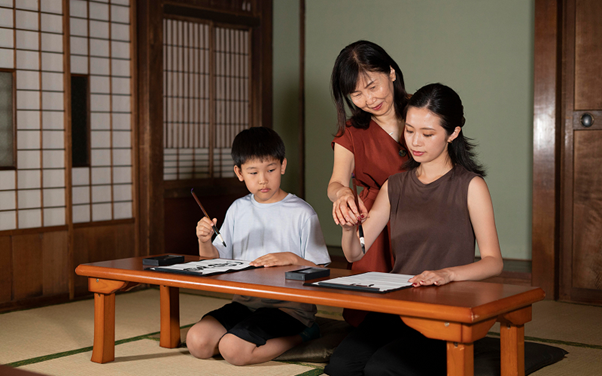When Is the Best Time to Start Chinese Enrichment for Kids?
In Singapore, where bilingualism is more than a classroom goal, many parents often ask one thing: when should their child begin a Chinese enrichment class? The answer isn’t about age alone, but about readiness, exposure, and support. Timing makes a big difference, but so does the way we make the experience engaging, not overwhelming.
Preschool: Catch Them While They’re Curious
Children pick up languages quickly when they’re young. By age three or four, many kids are naturally curious and can absorb sounds, tones, and vocabulary with surprising ease. A Chinese enrichment class at this stage often uses music, simple stories, and play to keep things fun. It’s not about tests or grammar. It’s about making the language feel like a friend, not a chore.
Singapore Chinese language centre programmes that cater to this age group tend to keep the sessions short and engaging. Think animal rhymes, catchy songs, and finger play, all in Mandarin. It’s not babysitting, but it also isn’t a lecture hall. If you’re hearing your child mimic lines from Mandarin cartoons, that’s a green light to explore formal enrichment.
Lower Primary: Building a Solid Foundation
By Primary 1 or 2, students are expected to move from recognition to application. That means reading short passages, constructing basic sentences, and understanding how Chinese characters are structured. Starting a Chinese enrichment class in this window helps build stamina for schoolwork without leaving gaps that get harder to close later.
At this age, kids benefit from structured but flexible teaching. A Singapore Chinese language centre typically introduces new vocabulary, sentence-building, and reading exercises alongside plenty of repetition. Repetition may sound dull, but when wrapped in stories, games, or short skits, it becomes part of the fun. The goal is to turn passive exposure into active usage.
Waiting Until Upper Primary: Risky Business?
Some parents wait until Primary 4 or later, hoping to see if their child “naturally improves” in school. Unfortunately, that’s often when panic sets in. The gap between understanding and fluency becomes obvious. Oral exams get tougher. Composition writing becomes more demanding. By this point, enrichment becomes more like an intervention.
Joining a Chinese enrichment class at this stage is not too late, but the learning curve is steeper. Teachers may need to focus more on revising old material than introducing new ones. Some children also lose confidence and associate Chinese with frustration, which makes the process slower. A Singapore Chinese language centre may offer bridging classes to help catch up, but progress takes time.
ALSO READ: How Chinese Tuition Prepares Primary School Students for Success
Signs Your Child Is Ready
Forget the calendar for a moment. Instead, look for cues. Is your child showing interest in songs or stories in Chinese? Do they mimic words or ask questions about characters they see on signs? Have they shown a liking for wordplay or rhymes?
If your child enjoys picture books or language games in any language, they’re likely ready to explore a Chinese enrichment class. It’s about building interest early and consistently. Kids don’t need to know many words before they start. They just need to be open to learning.
How Enrichment Centres Add Value
Beyond what schools offer, a Chinese enrichment class creates space for exploration. Teachers are usually trained to adapt materials for different learning styles. Some kids learn best through writing, others through conversation or storytelling. A Singapore Chinese language centre often uses a mix of visual aids, role-playing, and interactive lessons to keep engagement high.
More importantly, these centres offer consistency. Weekly exposure, paired with guided revision and homework support, reinforces what is taught in school. It also helps kids practise speaking in a low-pressure environment, which boosts confidence before formal oral tests.
Should You Start Early or Wait?
Starting earlier gives children time to grow into the language. It makes Chinese feel less like an exam subject and more like part of daily life. That doesn’t mean rushing toddlers into tuition centres. It means starting small, keeping it light, and building up naturally.
On the other hand, waiting too long can turn enrichment into repair work. Instead of nurturing interest, you may find yourself patching up missed basics. The effort to catch up often leads to frustration for both parent and child. A proactive approach makes the journey smoother.
Finding the Right Time to Begin
There’s no magic number, but sooner tends to be better than later. Look for a programme that suits your child’s pace and personality. Whether you start at three, six, or eight, the key is consistency and enjoyment. Language isn’t mastered overnight. It grows with time, patience, and the right support system. Contact Tien Hsia to enrol your child in a Chinese enrichment class that fits their needs and learning style.







